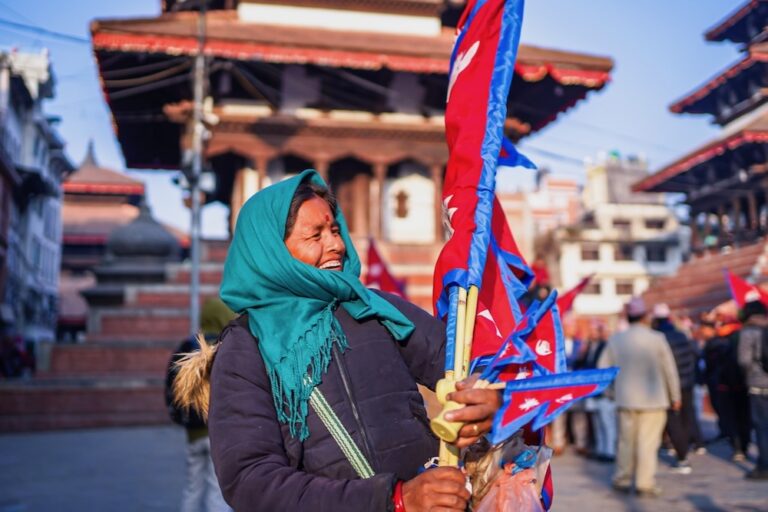(CEHURDES/IFEX) – The following is a CEHURDES press release: Kathmandu, Nov. 11–The Center for Human Rights and Democratic Studies (CEHURDES), a Kathmandu-based press freedom monitoring group, fears a fresh crackdown on Nepalese media by the government in the aftermath of the latest court verdict that refused to block the controversial media law, which aims to […]
(CEHURDES/IFEX) – The following is a CEHURDES press release:
Kathmandu, Nov. 11–The Center for Human Rights and Democratic Studies (CEHURDES), a Kathmandu-based press freedom monitoring group, fears a fresh crackdown on Nepalese media by the government in the aftermath of the latest court verdict that refused to block the controversial media law, which aims to further curb press freedom and freedom of expression in the country.
On Friday (Nov. 11), a three-member special panel of the Supreme Court, led by Chief Justice Dilip Kumar Poudel, refused to issue an interim order to the government asking it not to implement the controversial media law as demanded by nine professional bodies, including the Federation of Nepalese Journalists (FNJ).
The court said it did not see the need to issue the interim order, but added that the case would be awarded priority for hearings.
Three separate writ petitions were filed at the court last month arguing that the ordinance contravenes the country’s constitution and aims to restrict people’s right to free expression, which is guaranteed in the constitution.
Meanwhile, Kantipur FM, a leading private sector FM radio station, urged the court to ask the government to return its communications equipment. Officials from the Ministry of Information and Communications, backed by a convoy of police, raided Kantipur FM’s office around midnight on October 21 and seized the equipment it uses to uplink its transmission to the eastern region.
In its verdict on Friday, the court stayed mum on the issue. Within hours, Kantipur FM stopped its regular “news bulletins” and aired a special notice saying that it had decided to withhold the programme “so as to respect the court order.”
A leading community radio station and a private radio network based in Kathmandu continued their news bulletins, dubbing them “information-based bulletins.” It was not immediately known whether other FM radio stations around the country also stopped their bulletins.
There are a total of 56 FM radio stations in Nepal.
The new media ordinance prohibits FM radio stations in the country from airing news or news-related programmes. It allows them to broadcast “information-based programmes only.”
When asked by high court justices, government attorneys failed to explain the difference between “news” and “information-based programmes.”
With due respect to the Supreme Court and the independent judiciary, CEHURDES would like to state that Friday’s verdict has thrown “cold water” on the aspirations of Nepalese professionals, including the media community, who are fighting for the cause of peace, democracy, human rights and free press in the country after the royal takeover of February this year.
It is very unfortunate that the media community, including FM radio operators, are now forced to voice their grievances in the streets as the court refused to entertain their legitimate concerns.
CEHURDES fears a fresh crackdown on media institutions and practitioners across the country by the authorities. The situation also warrants close monitoring by national and international press freedom groups.


